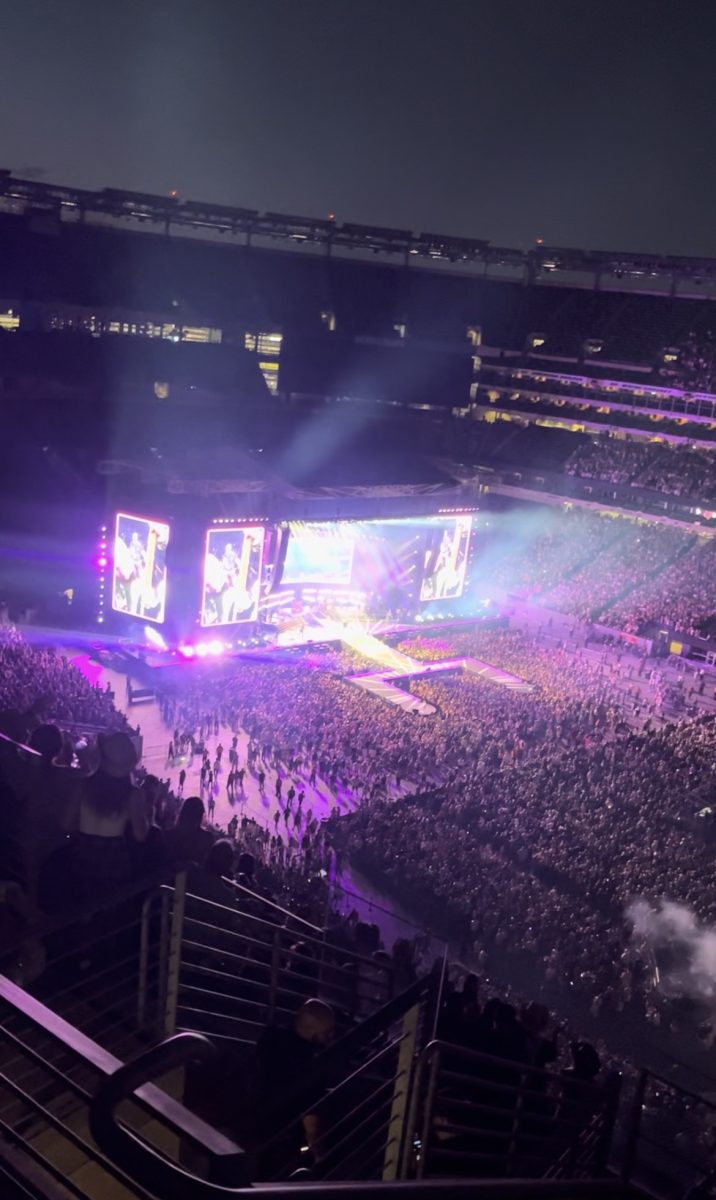Plato once referred to music as a moral law, something that gives soul to the universe and invites a sense of gaiety into life. However, it is clear that recently fans have been feeling a little too euphoric and acting inappropriately at these events.
In the past decade, studies by two law firms (David Thomas and Graham&Graham law) show that in 300 monitored concerts, 70,000 people have been injured and 232 others died.
A popular event that many think of when bringing up the topic of concert safety occurred three years ago. On Nov. 3, 2021, Travis Scott had his annual Astroworld Festival in Houston, Texas. Tickets sold out in an hour with 50,000 fans as the limit. According to The New York Times, it was clear, even before the show, that this was a larger quantity of people than the venue could hold. Since the security guards could not control the overwhelming mass of people, there was a trampling incident. Scott continued the concert despite the nightmare unfolding in the crowd below him. This resulted in 10 deaths and other injuries because they failed to account for and consider the attendants.
Concert etiquette has changed over the years, not only due to the lack of security, but the blatant disrespect from the audience. Generally, concerts are known to attract the middle to older spectrum of the Gen Z population, ranging between ages 16-24. As a large portion of these audiences are now made up of high school students, behavioral issues are a given.
A popular place for concerts in South Jersey is the BB&T Pavilion in Camden, NJ. They are known for their low-priced tickets for the open lawn standing area. It is easy for this area to get overcrowded or out of control quickly as the entire venue holds 25,000 guests. Despite this, the owners of the locale state that 95% of guests follow all policies and regulations efficiently.
One of the new rules this venue has put in place is only allowing bags 4.5 in. by 6.5 in. as the maximum. If a guest brings a bag larger than this size, it must be a clear bag where all items are clearly visible. This rule has been implemented at professional sporting events, but controversial to many as they view it as an invasion of privacy. The defense of this policy is that it is meant to keep concert attendees safe.
Overall, concert policies have become stricter over the years to combat the unruly ways of concertgoers. Even though some of these guidelines may come off as too authoritarian, it is the only option to ensure artists can continue sharing their talent, live, with their admirers.


